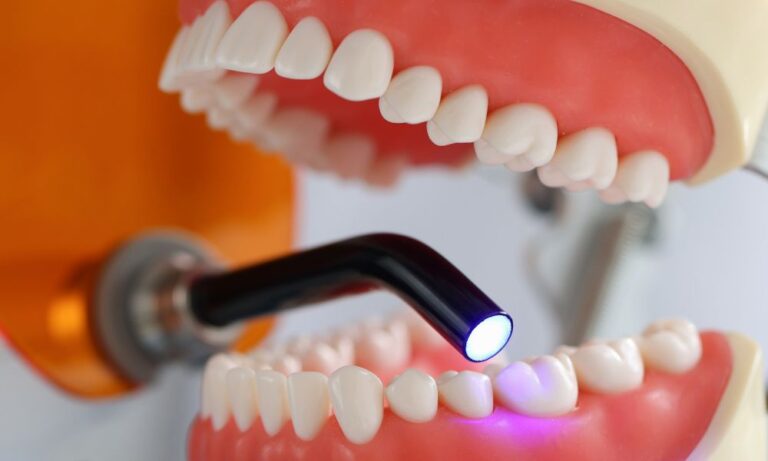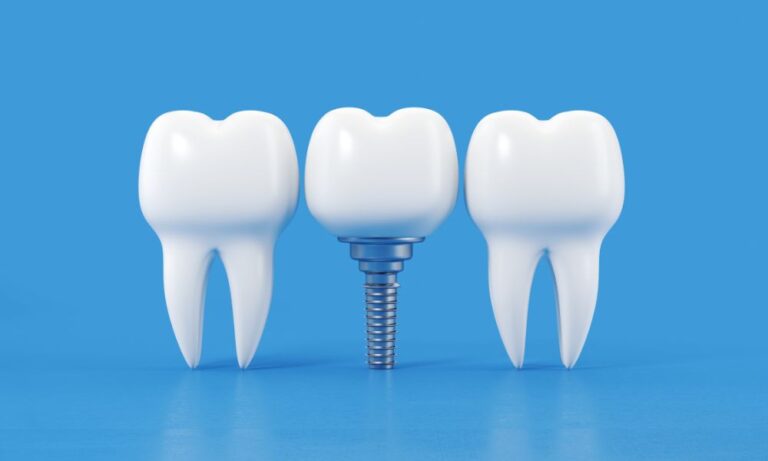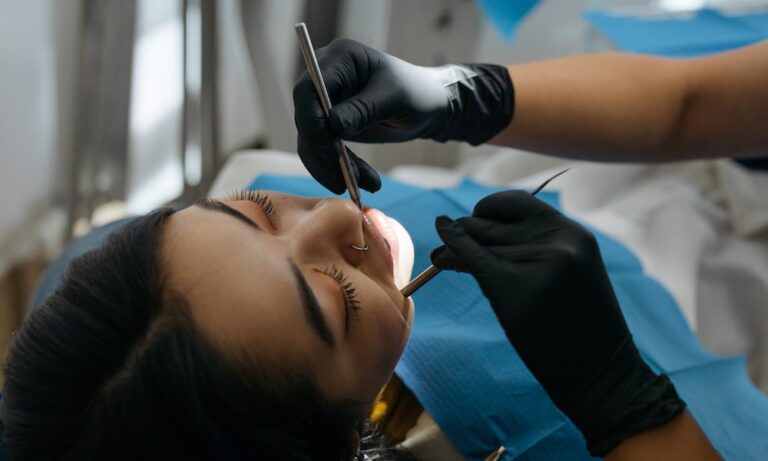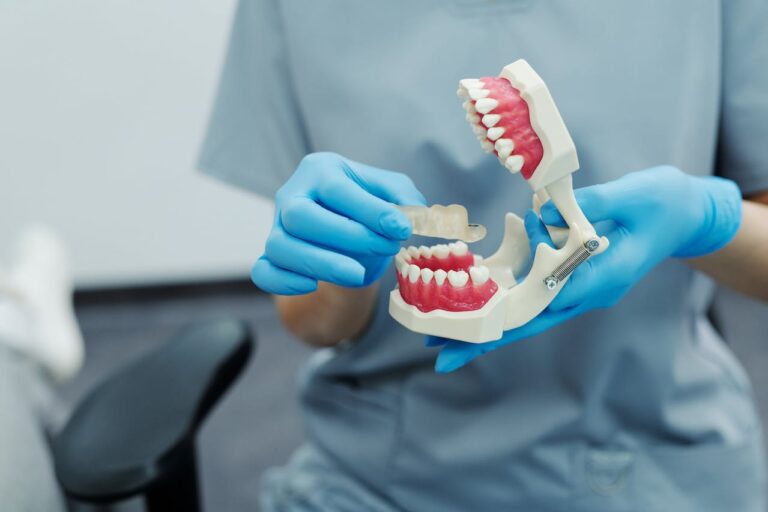10 Signs It’s Time to See a Medicaid-Approved Periodontist: Insight from Experts
Periodontal health plays a critical role in maintaining optimal oral well-being and overall health. However, recognizing when it’s time to see a Medicaid-approved periodontist can be challenging. To help you identify the signs that may indicate a need for specialized periodontal care, our Dental Specialists of Southern Colorado experts have compiled an informative list of common symptoms and conditions that warrant a visit to a periodontist who accepts Medicaid.
Understanding these warning signs is essential for early intervention, improved treatment outcomes, and ultimately, maintaining a healthy smile. In this article, we will provide expert insight into the top 10 signs that it’s time to schedule a consultation with a Medicaid-accepting periodontist. Let our skilled and compassionate professionals at Dental Specialists of Southern Colorado help guide you towards better dental health and a brighter smile.
1. Bleeding Gums
One of the most telltale signs that it’s time to see a Medicaid-approved periodontist is bleeding gums. While occasional bleeding can be triggered by factors like brushing too hard, ongoing gum bleeding can be an early warning sign of periodontal disease. Gum bleeding is often a result of inflammation caused by plaque accumulation along the gum line, which can progress and eventually lead to more severe periodontal issues. If your gums consistently bleed during or after brushing and flossing, consult with a periodontist to assess your periodontal health.
2. Receding Gums
Gum recession is another common indicator that you may need specialized periodontal care. As gums recede from the teeth, they expose the tooth roots and increase the risk of tooth decay, sensitivity, and eventual tooth loss. Gum recession can be due to factors like aggressive brushing, teeth grinding, or periodontal disease. When you notice changes in your gum line or experience increased teeth sensitivity, consider seeking the expertise of a Medicaid-approved periodontist.
3. Persistent Bad Breath
Persistent bad breath, or halitosis, can be not only an embarrassing social issue but also an indication of underlying dental health problems. In many cases, chronic halitosis results from the presence of oral bacteria that produce volatile sulfur compounds, commonly associated with gum disease. If you’re experiencing long-lasting bad breath despite maintaining good oral hygiene habits, visiting a periodontist for a thorough assessment may be necessary.
4. Changes in Tooth Alignment
Loose or shifting teeth can be a cause for concern and may signal advanced periodontal disease. As periodontitis progresses, it can compromise the supporting structures of your teeth – including gums, bone, and periodontal ligaments – leading to tooth mobility or eventual loss. If you notice your teeth shifting or feel they’ve become loose, it’s essential to see a Medicaid-approved periodontist for an evaluation and tailored treatment plan.
5. Swollen, Red Gums
Inflamed, red, and tender gums can be a sign of gingivitis, the earliest stage of gum disease. If left untreated, gingivitis can worsen into periodontitis and eventually result in tooth loss and damage to the surrounding bone. Addressing these symptoms early with the help of a periodontist can help prevent more severe periodontal issues down the line.
6. Chronic Gum Pain
If you consistently experience gum pain or sensitivity, it can be an indication of gum inflammation, infection, or periodontal disease. A skilled periodontist can help identify the root cause of this discomfort and recommend appropriate treatments to alleviate pain and address the underlying issue. Don’t suffer through persistent gum pain – consulting a Medicaid-accepted periodontist can help guide you towards lasting relief.
7. Deep Gum Pockets
Gum pockets form naturally around your teeth but become deeper as periodontal disease progresses. These pockets provide a conducive environment for harmful bacteria to accumulate and cause infection. Measuring your gum pockets is an essential diagnostic tool used by dental professionals to determine the severity of periodontal disease. Visiting a periodontist will ensure proper assessment and monitoring of these pockets to prevent further progression of gum disease.
8. Family History of Periodontal Disease
Genetics can play a significant role in your vulnerability to periodontal disease. If your family has a history of gum issues, it’s crucial to be proactive and seek regular periodontal assessments to catch any signs of disease early. By working closely with a Medicaid-approved periodontist, you can develop a personalized preventative plan to address any hereditary predispositions to gum disease.
9. Teeth Grinding or Clenching
Habitual teeth grinding or clenching, also known as bruxism, can put excessive pressure on gums and supporting structures, potentially worsening the symptoms of periodontal disease. If you’re suffering from bruxism and notice signs of periodontal issues, consulting a periodontist can help determine the appropriate solutions for mitigating damage and preserving your dental health.
10. Diabetes or Other Systemic Health Conditions
If you have diabetes or another systemic health issue, you may be at a heightened risk of developing periodontal disease. According to the CDC, people with diabetes are at increased risk for gum disease and are more likely to have severe forms of periodontal disease that can lead to tooth loss. Maintaining a close relationship with a Medicaid-accepted periodontist can help manage the potential impact of these health conditions on your periodontal health.
In summary, it’s essential to be aware of these warning signs and their implications for your periodontal and overall health. If any of the above issues apply to you, it’s time to reach out to a Medicaid-approved periodontist for professional assessment and treatment to ensure optimal oral health and long-lasting wellness.
Secure Your Dental Health with Dental Specialists of Southern Colorado’s Medicaid-Approved Periodontists
In conclusion, it’s crucial to recognize the signs that point towards needing specialized periodontal care from a Medicaid-accepted periodontist. Your periodontal health plays an essential role in maintaining overall well-being, so it’s vital to address these issues early and prevent future complications. At Dental Specialists of Southern Colorado, our skilled professionals are committed to providing comprehensive, personalized periodontal care that aligns with your Medicaid benefits.
Don’t let periodontal issues jeopardize your oral health and smile. Take control and invest in your dental well-being by scheduling a consultation with one of our experienced Medicaid-approved periodontists today. We’re ready to help you navigate your Medicaid coverage and create an optimal periodontal gum treatment plan designed just for you. Book your appointment with Dental Specialists of Southern Colorado now and start your journey towards a healthier, brighter smile.

 header-logo
header-logo





